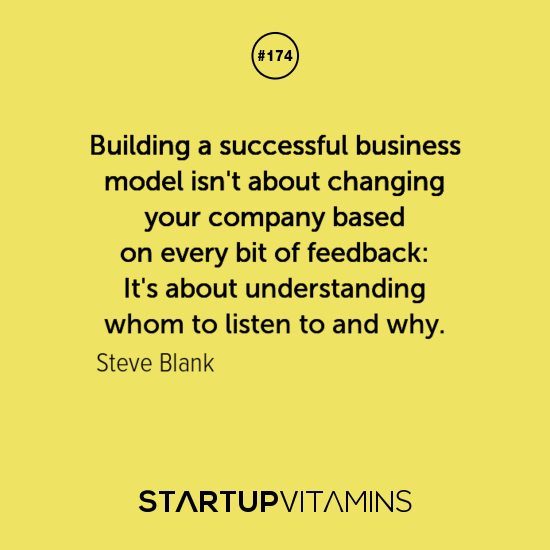It’s not easy to turn a dream into a reality, but many entrepreneurs have taken on the challenge. While most startup companies fail, many within the same year, a few go on to major success. Here is a look at five companies that did something right with their businesses:
Sweet Leaf Tea
How can a guy take a secret recipe from Granny for delicious iced tea and make a million dollar company out of it? Just ask Clayton Christopher and David Smith, co-founders of Sweet Leaf Tea. They started out back in 1998 with a start-up cost of around $7,000. By 2008, their company made $12 million with just 45 employees working hard to build their brand. The secret to their success, besides the recipe itself, was the fact that they were willing to offer free samples at various events and in stores. Sweet Tea Leaf positioned themselves as the “tea-makers next door,” with a homegrown and authentic story that customers could relate to much better than, say, Lipton or Brisk. They posited Sweet Tea Leaf as the little guys, and became the big guys by doing so.
Shopify
Shopify hit one billion dollars in profit just last year and is one of the most successful startups in Canada’s history. It is part of an elite club known as the Unicorn Club, a group of companies at the $1 billion level and has doubled its numbers for the last four years. The future looks bright for Shopify as more companies develop eCommerce sites to coincide with brick-and-mortar stores. The success behind Shopify can be attributed to its focus on branch of commerce that is not only expanding, but becoming the premier way customers shop.
ToyBoxLive
The secret behind this UK start-up is simple: find a need and come up with a unique way to meet it. While that idea is the recipe for success for any start-up, not everyone has transformed their dream into reality the wayToyBoxLive has been able to do. Owner Alison Chesworth got the idea of renting toys instead of buying them from her own experience with her daughter, which she then implemented into a business model with a cost-effective toy rental (and later toy sale) company.
Fleksy
Ioannis Verdelis and Kostas Eleftheriou, co-founders of the new appFleksy that is designed for a specific niche audience, faced many challenges in getting their product out to the mainstream. Their app focuses on one target group: the visually impaired who have a desire to text on their smartphones. When Verdelis and Eleftheriou did demos of their products, people responded positively and let them know they were on the right track.
However, neither of Fleksy’s owners had much experience in the mobile text-input market. They also had no funding, but that wasn’t going to stop them. They created a prototype because they knew it was essential for people to see their product instead of just hearing about it. They also found partners that would incorporate Flesky into their own apps, making their two-pronged business model more adverse to failure and securing $3 million in Series A funding. The overall appeal of the app from a development and investment standpoint was the fact that no code was needed to use Flesky unless they just wanted to change the design, making it a simple implementation.
When the app launched in the AppStore in 2012, it was the third most downloaded app globally in the category of productivity]. Since then, Flesky has raised more funding from major investors and interest from new developers.
Boomerang
Boomerang is a Chicago-based startup that began as a failure but has since transitioned into success. The beginning concept from founder Zach Smith was to offer local gift options for customers instead of gift cards from national companies. With very little initial success, Smith transitioned Boomerang into an advertising platform by offering free gift card incentives to consumers that Boomerang in turn receives compensation for. The big picture behind Boomerang is that once people are shopping with their free gift cards on a website, they will continue to spend money beyond the gift card.
Smith tried something, and failed. He recognized the failure of his brand early on and was able to tweak his service in order to create something that facilitated a general need businesses had.
These startups are experiencing various levels of success with their companies. Some, like Sweet Leaf Tea, have achieved great success and become profitable in revenue and brand awareness alike. Others, like Boomerang, are just beginning to see the fruits of their labor after a false start. All of them have achieved their current status because they learned how to recognize opportunity and make the most of it.
Camille McClane is a writer, researcher and editor who enjoys all-things tech and social media. Recently she has been studying online marketing and branding, and hopes to one day open her own online marketing firm! She hopes you enjoy this article.
Image Credit: startupquotes.startupvitamins.com

